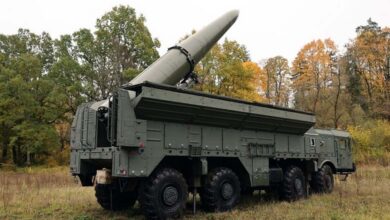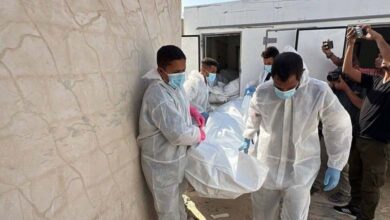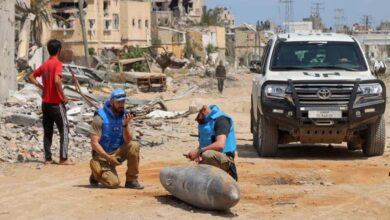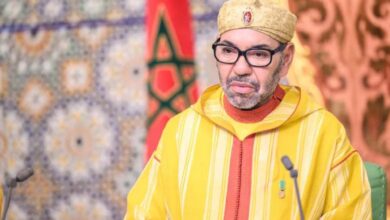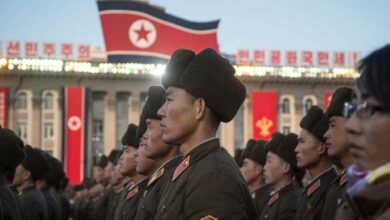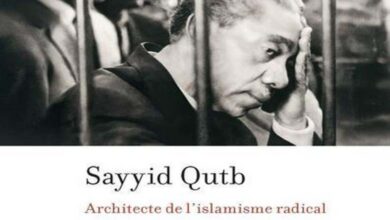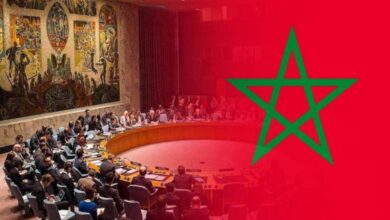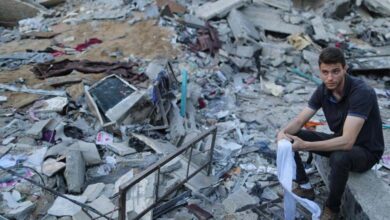Astana Talks on Syria Lack Moscow’s Enthusiasm Amid Regional Tensions
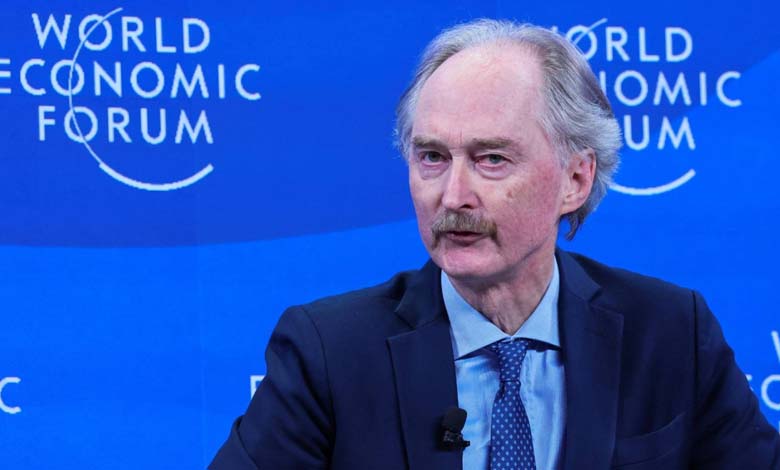
The expected focus of the Astana talks on Syria is on confidence-building measures, including issues related to detainees and improving conditions to facilitate the voluntary return of refugees, especially in areas not under the control of the regime
Kazakhstan announced the convening of a new round of Astana talks on Syria on its territory with the participation of representatives from the “guarantor countries” Russia, Turkey, and Iran. However, Moscow’s lack of enthusiasm for holding these talks at a time when the region is experiencing heightened tension due to the repercussions of the Gaza war raises concerns about its preparations and the possibility of achieving progress that previous rounds could not.
Aybek Smailyarov, the official representative of the Kazakh Ministry of Foreign Affairs, announced on Thursday evening, “Based on the collective appeal of the guarantor countries, the 21st international meeting on Syria within the Astana process will take place in the capital of Kazakhstan on January 24 and 25, 2024.” He added that information about the participants in the 21st round and the meeting agenda will be provided later.
Diplomatic sources cited by the Syrian newspaper “Al-Watan” reported that preparations have been completed for the launch of the twenty-first round of the process, scheduled to take place on the 23rd and 24th of this month. The Syrian government delegation will be led by Deputy Foreign Minister and Expatriates Bassam Sabbagh.
During talks on the sidelines of the Davos Economic Forum, Iranian Foreign Minister Hossein Amir Abdollahian and UN Special Envoy for Syria Geir Pedersen discussed the latest developments in Syria. Pedersen addressed the political, security, and economic situations in Syria, highlighting his initiatives and proposals to help resolve the issues.
The 20th round of Astana talks took place in June 2023. However, the guarantor countries held a meeting of the same format on the sidelines of the United Nations General Assembly in New York in September 2023. At that time, Geir Pedersen, the UN special envoy to Syria, announced that the new round of Astana talks would take place in New York as the 21st round, but it was not considered one of the main Astana rounds.
The focus during the talks was on “confidence-building” files, including the situation of detainees and improving conditions to facilitate the voluntary return of refugees, especially concerning the opening of international roads according to previous agreements. It seems that the upcoming round will address similar issues as these files are still awaiting resolution.
However, the main focus was on the normalization process initiated by Moscow between Turkey and the Syrian government. The two sides failed to make breakthroughs during the round, especially due to the rigid positions declared by the government delegation regarding the necessity of the prior Turkish withdrawal from Syrian territories.
The three guarantor countries emphasized a ceasefire in a joint final statement, stressing the need to support the safe and voluntary return of refugees to Syria. They called on the international community to provide the necessary assistance to Syrian refugees. The countries also reaffirmed their commitment to continue mutual release operations for detainees or abductees within the framework of the working group concerned with the release of detainees, hostages, transferring the bodies of the deceased, and searching for the missing, which is a unique mechanism that has proven its importance and effectiveness in building trust between Syrian parties.
Usually, representatives of the “guarantor countries,” government, and opposition delegations, as well as UN envoys, Jordan, Iraq, and Lebanon, participate in the Astana talks as observers.
The Astana track is the longest among the political tracks related to the Syrian file. Its first round started at the beginning of 2017 after areas in eastern Aleppo came under the control of the regime. Twenty rounds have been held to date, and Iran and Russia insist on this track, which they sponsor alongside Turkey, under the title of the “guarantor countries” or the “Astana trio.”
The Russian ambassador to Syria, Alexander Yefimov, considered the Astana track the only effective one within the framework of the political settlement in Syria. Over the past years, only in Astana has progress been possible in this direction.
Active communications conducted by Moscow with the Kazakh capital after the end of the round resulted in the Kazakh side retracting its announcement. This explains the holding of the current expected round in Astana.
Although Moscow has not officially announced the arrangements for the new round of negotiations, diplomatic sources mentioned that Russia supports any effort aimed at continuing to bridge viewpoints, easing tension, and reviving communications between the parties involved in the Syrian settlement. However, Russia preferred to postpone the next round due to the escalating tension in the region and the world’s focus on the situation around Gaza and developments in the Red Sea, along with concerns about the expansion of the ongoing conflict.


